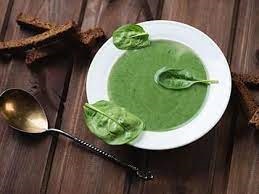A person with asthma has an airway that is inflamed, constricted, or swollen, making breathing extremely challenging. People with asthma may be allergic to a wide range of environmental substances, including some foods, paints, colourants, and even the pollen of particular flowers. The body releases inflammatory mediators such as histamine and bradykinin in response to factors that cause allergic reactions. The walls of the airway become inflamed or expand as a result. Some symptoms of an asthmatic episode include difficulty breathing, panting, a dry cough, rapid heartbeat, and sweating. Allergic reactions come in two different varieties. In the first scenario, the body would respond right away to the allergen exposure.The body would not respond for up to 24 or 72 hours in the second situation. It’s crucial to carefully identify the allergies’ root causes and avoid them.
There are numerous foods that trigger asthma attacks. Some persons would have allergy reactions differently and to varying degrees. When specific foods’ proteins and antigens create abnormalities in the cells, allergies are the result. An allergic reaction is influenced by the release of histamines or antigen histamines by the cells. Common allergies include lactose in milk, gluten in wheat, meat, egg whites, and crustaceans like prawn and crab.
Garlic-and-spinach-shallot soup
½ cup spinach (washed and chopped)
½ cup shallots
5 Garlic Cloves
Half of a little carrot
A tiny bit of ginger
Preparation :
Add salt as needed in preparation Palak, shallots, and garlic, chopped, are cooked in 4 cups of water. It is packed with vitamin E and molybdenum, which eases respiration by neutralising free radicals. Add shredded carrot, chopped ginger, and salt to it. Simmer well.
